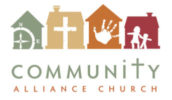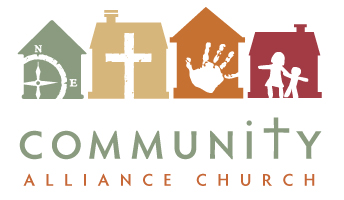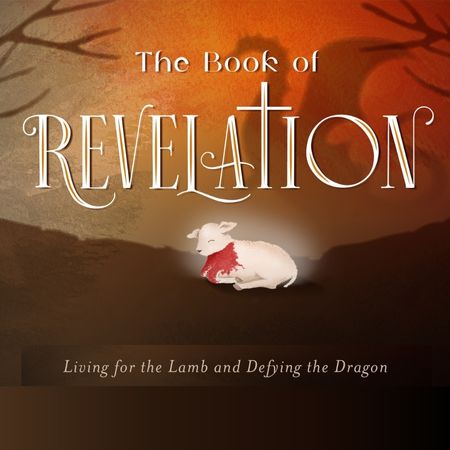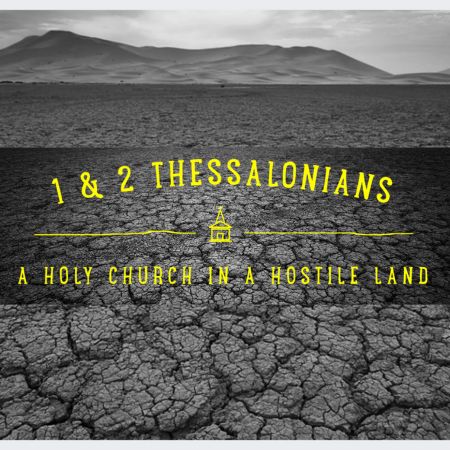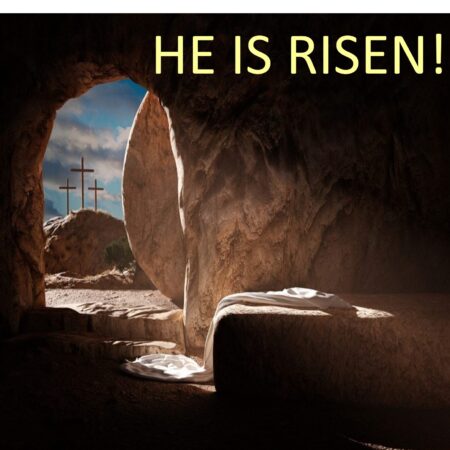These 3 opening verses set the stage for our understanding of this book as a whole. The points will appear as questions that I hope will help us understand in a general (but Biblical) sense what in the world Revelation actually is. 1. What is an apocalypse? 2. Who’s the author? 3. Who’s the audience? and 4. Is this authoritative? The answers to these questions provided by the passage will help us see ultimately that this is a message for everyday (not just the future) from King Jesus to His church, absolutely including us.
This passage (familiar to most) describes and encourages living in a Kingdomly way that impacts every area of our life.
Verses 12-28 of Chapter 5 consist of Paul’s “final words” in this letter to this church. In Part 1 or 3 on this passage we will dive deeper into verse 12-14 and Paul’s will on encourage the Jesus-followers here in Thessalonica to embrace a certain attitude toward Gospel ministers and Gospel ministry.
In Part 1 of 2 in Thessalonians 5:1-11 we looked at “His Return”. This week in Part 2 we’ll consider “Our Response” and the perspective/attitude His followers ought to have in regard to His return.
In today’s passage, John the Baptist seems to be having some doubts about who Jesus is. At Jesus’ baptism, John seems pretty confident that Jesus was indeed the Christ, the Son of God. Now, John is in prison and Jesus doesn’t seem to be the Messiah He expected. Jesus, ever compassionate to the weak, speaks into John’s doubts with words of assurance. The questions for us: What causes doubts to rise in our minds about our Savior Jesus Christ? How should we combat those doubts?
This entire passage deals, in one way or another, with the “day of the Lord” but there is far too much to preach on in one sermon. This week is Part 1 of 2 that we look at the nature of Jesus’s return and how it will be unpredictable as well as Inescapable.
Paul is seeking in this passage to both encourage and call on his listeners to encourage others to be hopeful about those who have died in Christ. It is absolutely not the end for them. They can and must remain hopeful. But how? Paul gives clear direction. They (and we!) remain hopeful by looking to Jesus (the One who died but didn’t stay dead), listening to what Jesus says on this matter, and by going and comforting others with these truths.
As we celebrate Easter Sunday and the Resurrection of our Lord and Savior, we look closer at Luke’s account of the Resurrection, the grave was not the last word. He Lives!!!
As we continue with Part 2 in 1 Thessalonians 4:9-12 we specifically focus on verses 11-12. Paul is helpful here in affirming that love is observable. While it is good for us to declare we love the body God has given us, we must also demonstrate we do as is detailed in verse 11. Paul goes on to share in verse 12 that such demonstrable love makes a difference both externally (to outsiders) and internally (us who are already a part of the family).
In Part 1 of this sermon on 1 Thess. 4:9-12. The call to love one another within the body of Christ is the central. From this text we will look at the details Paul relays about this all-important love we must show our brothers and sisters. Paul is adamant that such love is neither optional nor individually defined. Instead, Paul makes these things clear about love.
